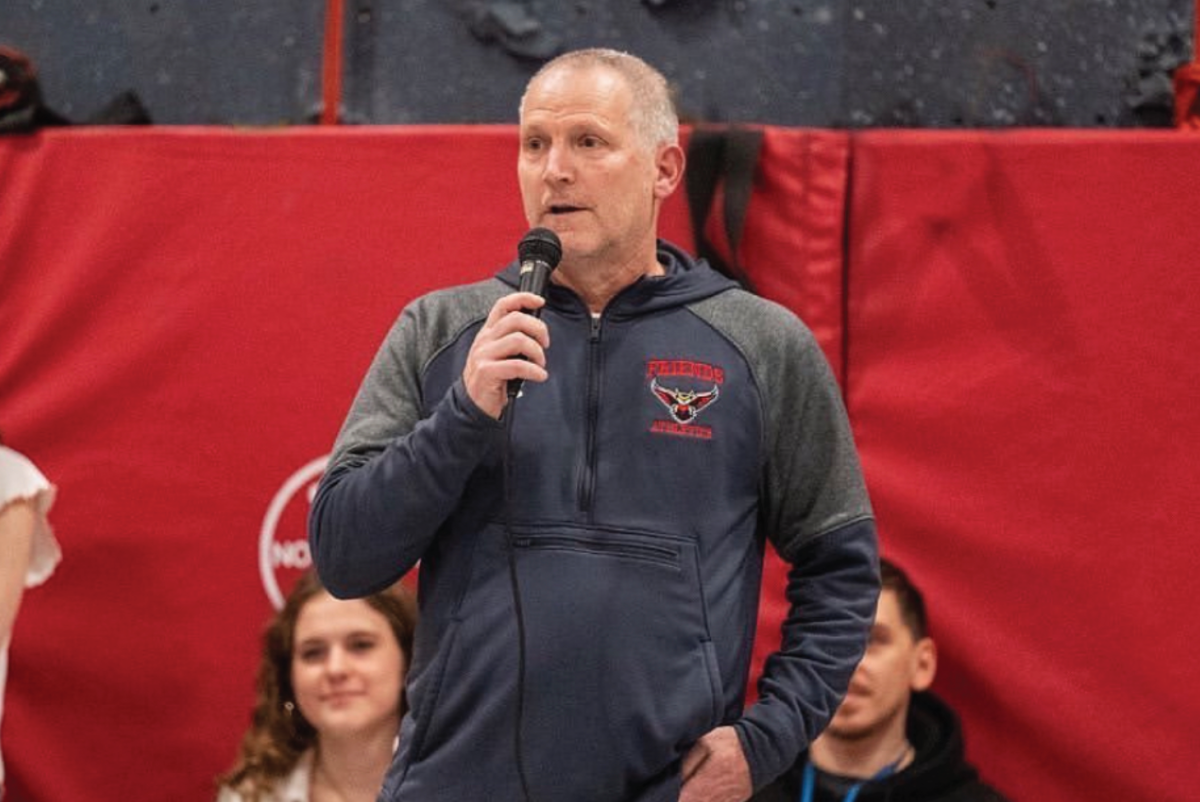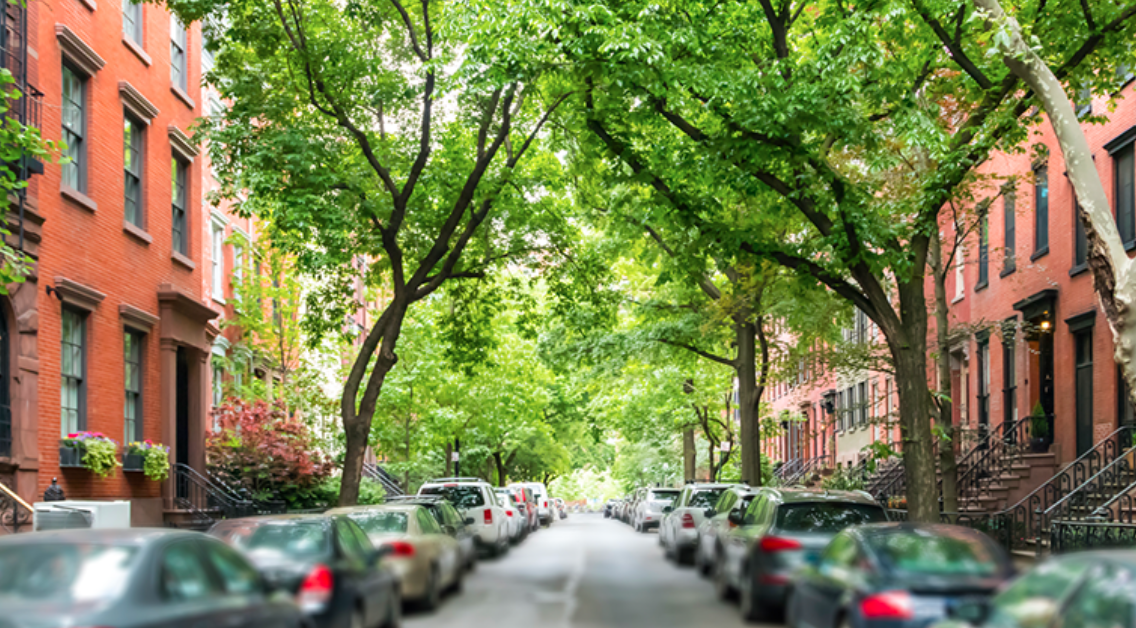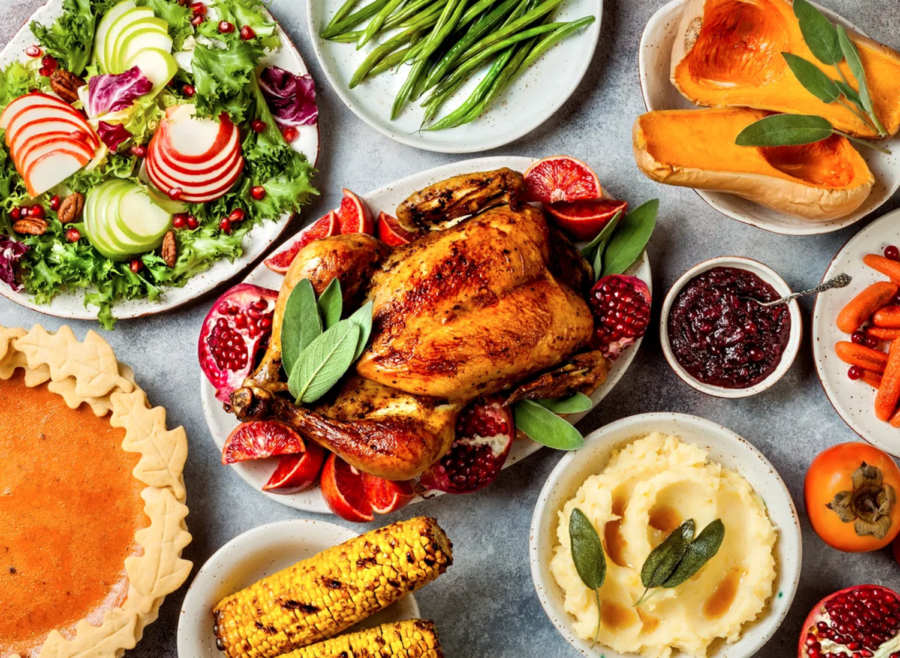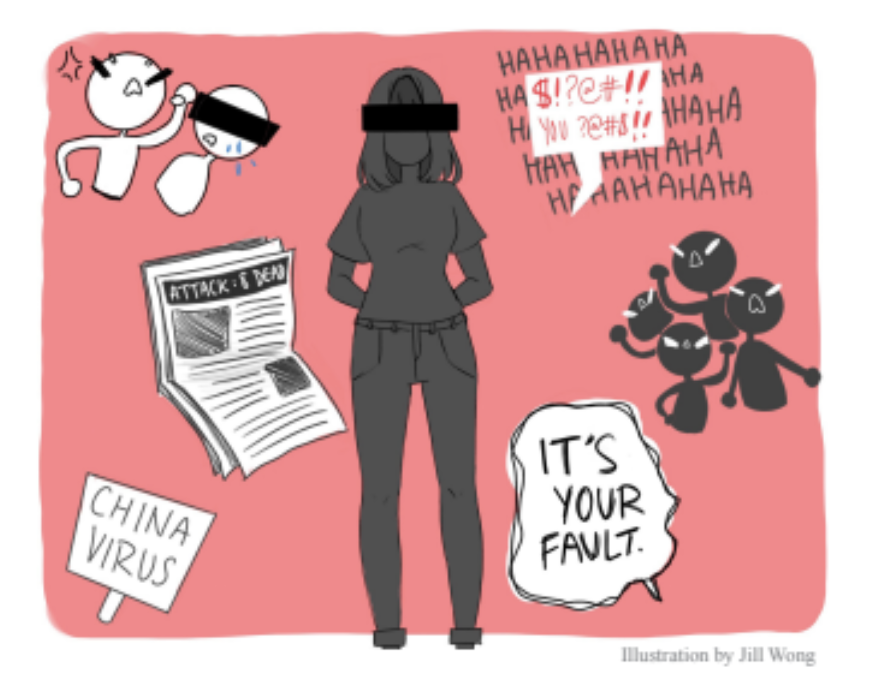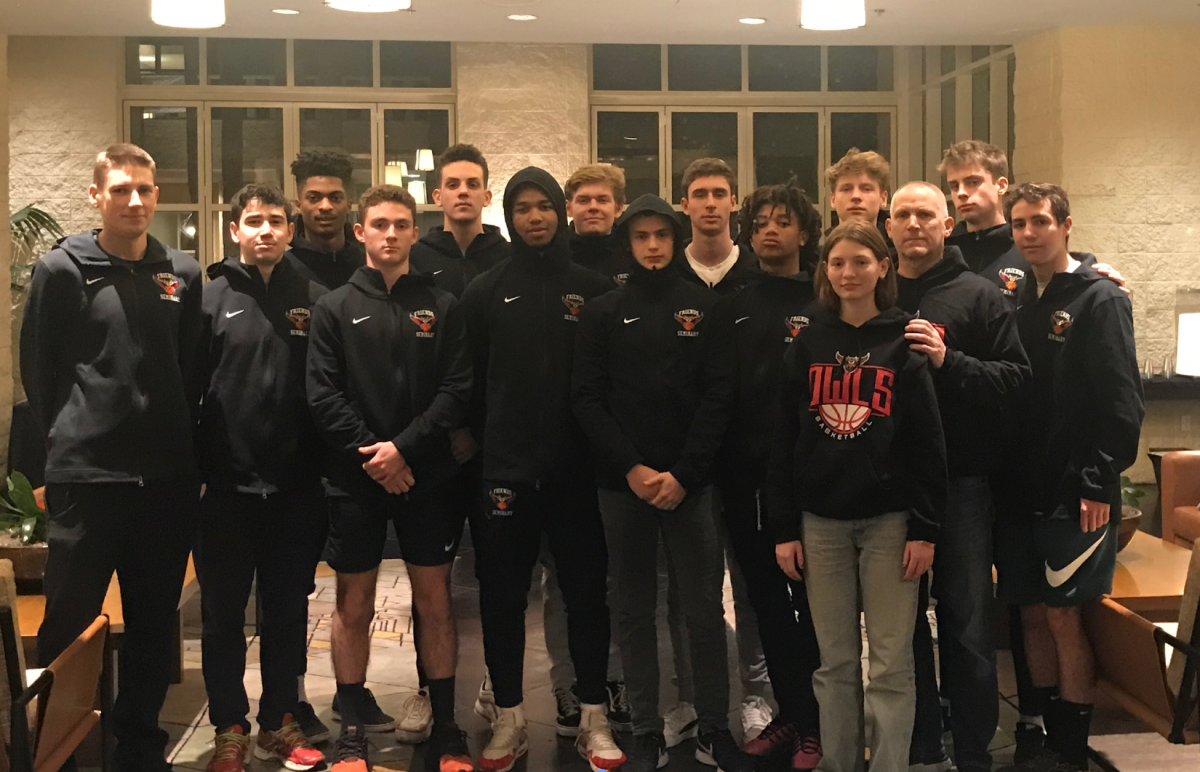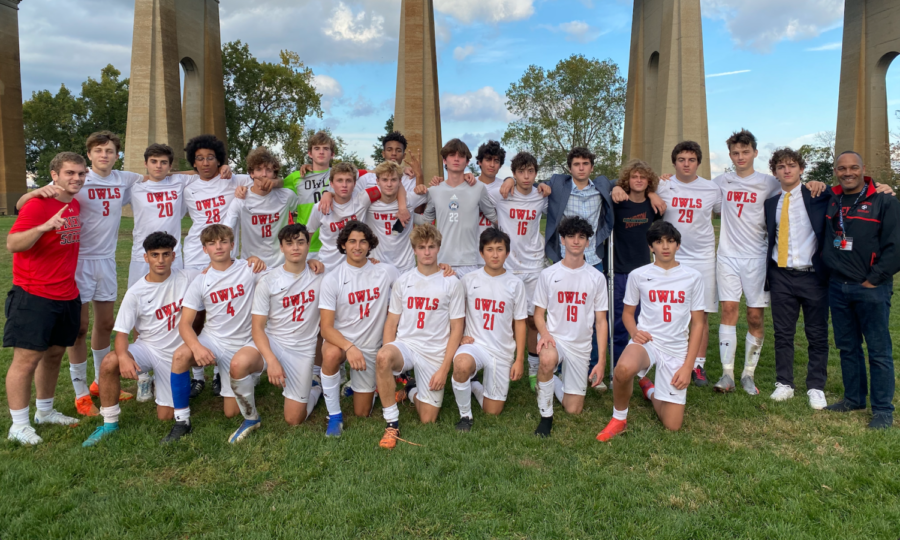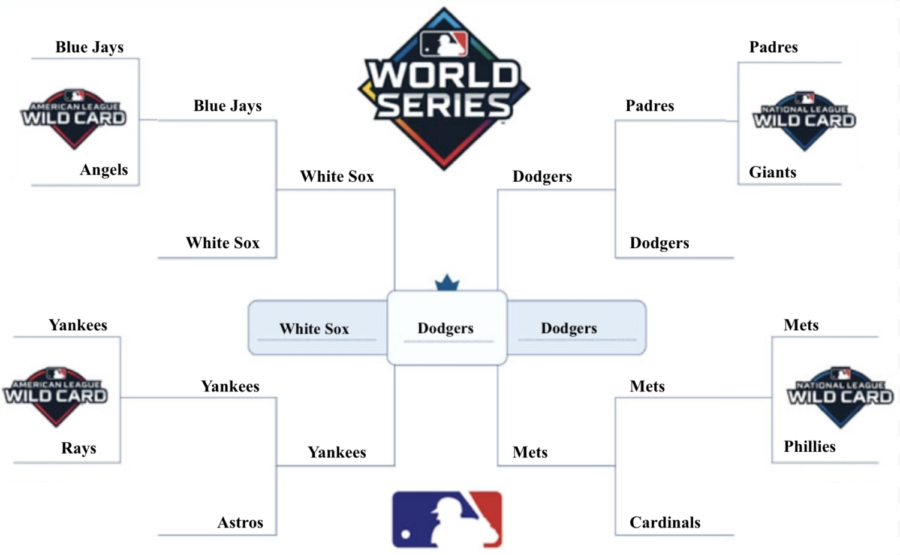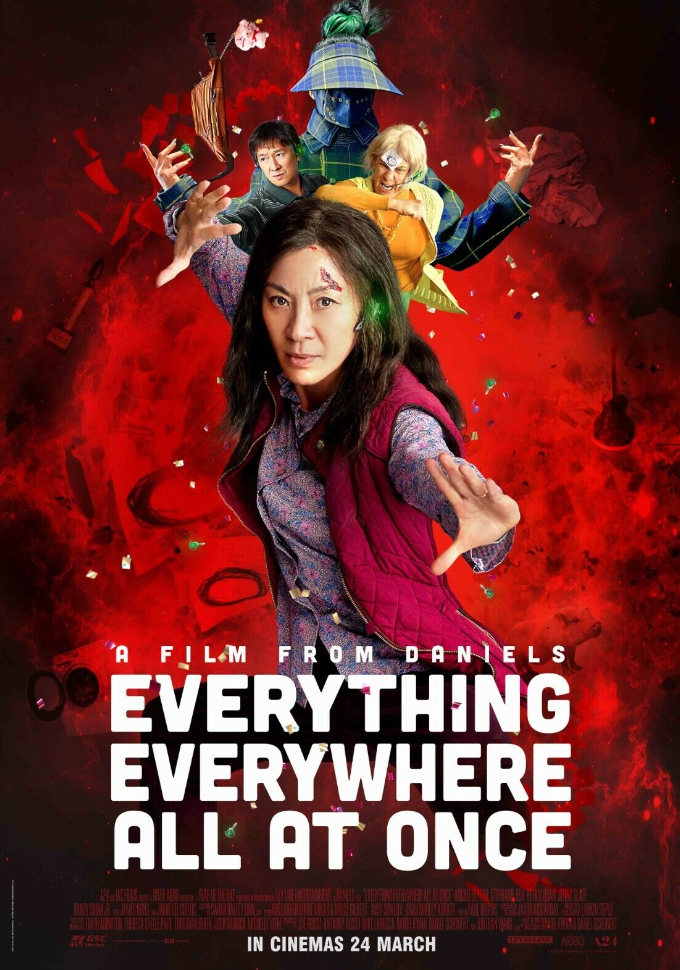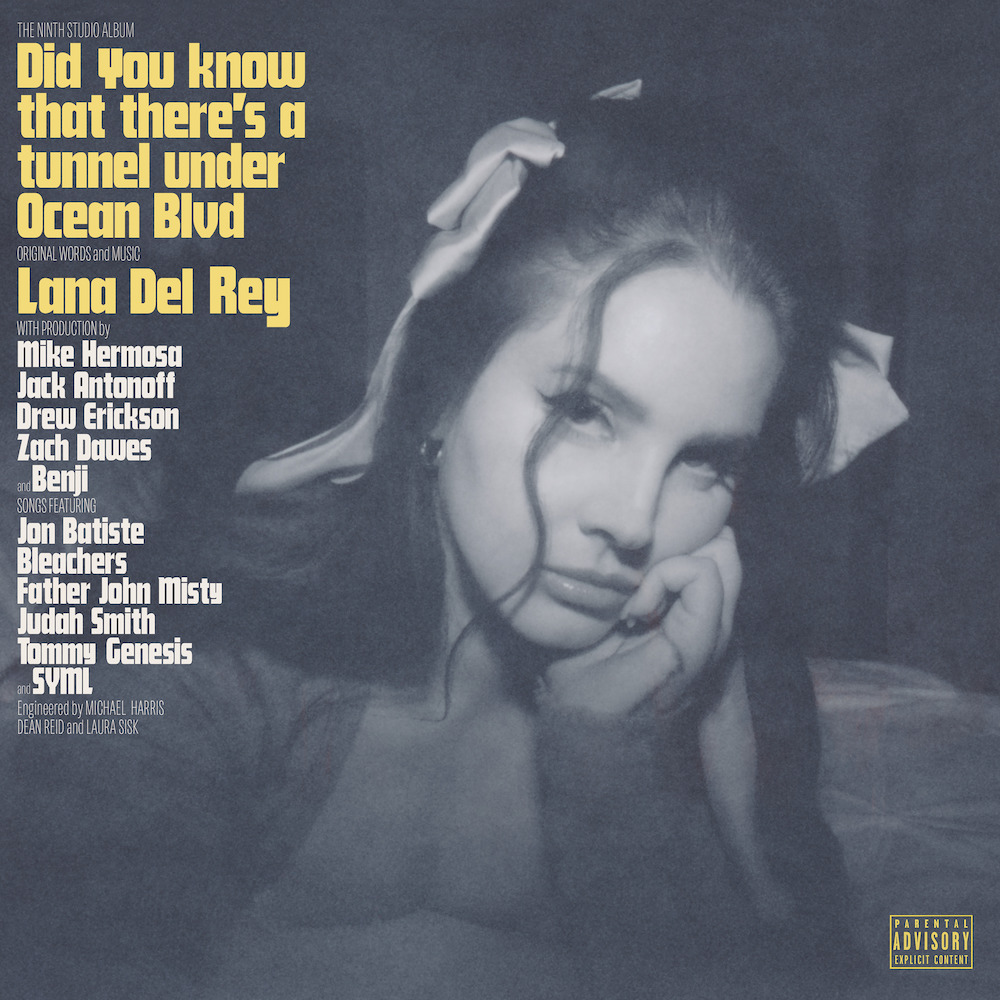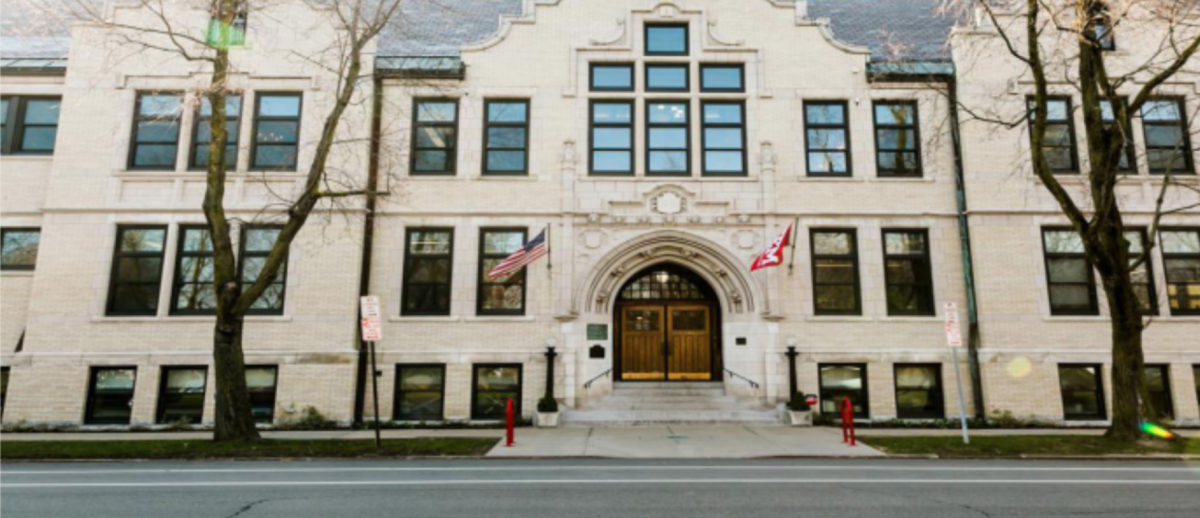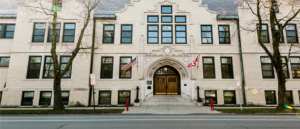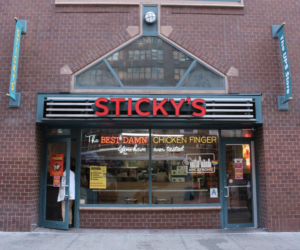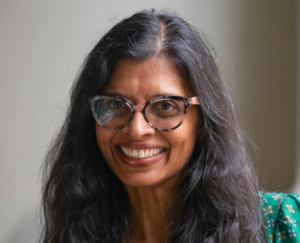This past summer, I traveled to Vietnam and Thailand on a three week trip, where I learned about the countries’ cultures and lifestyles. Throughout the trip, I picked up on an underlying theme regarding food accessibility, which I hadn’t thought much of until I arrived in Mai Chau, in the Northwest of Vietnam. In my life I take food for granted. I can eat whatever I want, whenever I want. Sometimes when I am lazy, I order UberEats, and I barely even need to stand up. Last year in the cafeteria, a couple times, I was served a huge portion of food, tried a bite, decided I didn’t like it, and threw it all out. My time in Mai Chau made me become more conscious of my relationship to food.
Mai Chau is a village located in the Northwest of Vietnam, only eighty miles from Hanoi. It has a population of just under fifty thousand people. The economy of Mai Chau relies largely on growing rice—which occupies much of its land—and selling food at the markets. Mai Chau is extremely impoverished; most people lack consistent access to meat and protein, proper housing, and protection from disease.
Rice is grown in the wet or monsoon season, from May to October. In the 1950’s the Vietnam’s government divided up its land into equal portions for every family to grow rice. Rice requires over three months to grow, only producing seventy to one hundred rice kernels per plant. Although Vietnam as a whole is one of the world’s main exporters of rice, many planters in Mai Chau barely produce enough to sustain their family.
Growing rice takes constant attention. For the first month, planters take a large portion of their day to check on the rice. The water in the rice field must be regulated with precision. Every couple hours workers check on the water level, making sure that it is not so high as to prevent the rice from taking in oxygen, or so low as to affect the temperature or allow weeds to grow. After the rice plant grows out above the water, workers use plastic to wrap them to protect them from snails, as well as to trap the moisture. Later, the rice seedlings are pulled out of the ground, the land is fertilized and plowed more, and seedlings are placed back in the land with a much larger gap in between each, as they require more space.
This growing process is extremely hard work. The job is dirty, and there is no avoiding the mud. Workers stand up to their knees in dirt, using bare hands to handle manure, plowing the field, and performing other strenuous tasks. Bending down many hours of the day causes back pain and hunched backs. These tasks result in illnesses for which people in this poverty-stricken area have neither money nor access to proper medical care to treatment. Additionally, the majority of people in Mai Chau live with extended family and grandparents. Elderly people are not able to help grow the food, so the rice farmers must work to feed more people, and in turn get even less food to eat. However, no matter the exhaustion and pain, workers do not have a choice to take a day off. Too many snails could latch onto the rice, or water could flood the fields for the whole day, minimizing the yield for the farmer and their entire family.
Food markets are a critical source of sustenance for Mai Chau villagers. Wearing flip flops, rain or shine, people sit on blankets on top of the muddy ground to sell their products early in the morning. Vegetables such as leafy greens, cabbage, tomatoes, cucumbers, as well as fruits such as mangosteen, rambutan, and dragon fruit are also sold during the dry season. Meat is a rare commodity, as animals are utilized for work and only eaten when too old to work. Animals are killed the morning of sale for freshness, and almost every part is used. Because meat is scarce, and not eaten regularly, families still lack necessary protein. To supplement their diet, people sell and eat bugs such as silkworms and grasshoppers.
After visiting, I realized how lucky I am that I can eat at any time without having to do almost any work for it, let alone physically growing it. To get food at Friends, we simply go down to the cafeteria, wait in line, then eat. That is all the work required to get our food. After visiting Mai Chau, I began thinking about how many hours of intensive labor it would have taken to grow that plate of rice that I threw away; how that portion of rice could have taken months to grow, and how it could have fed people that really needed it. This kind of awareness of the toil behind our food is the first step in cutting down on food waste.


